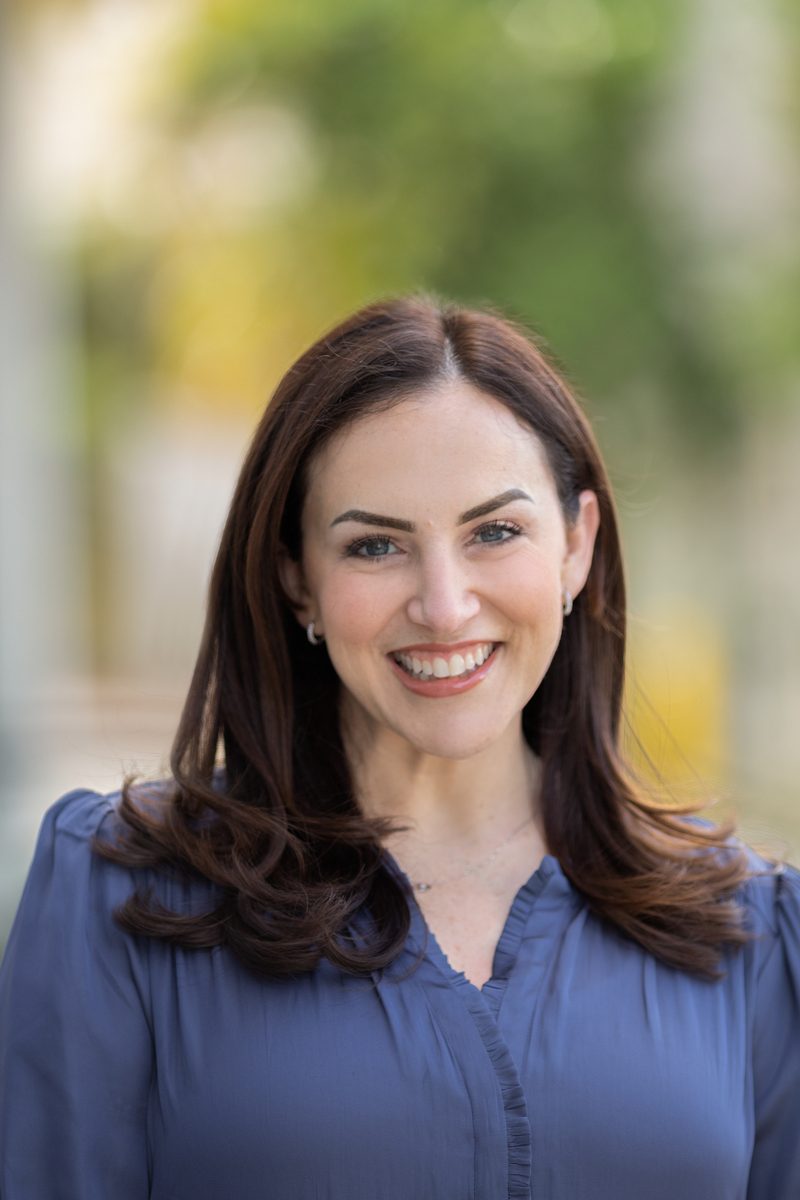 Executive Director of Oliver-Pyatt Centers and Clementine Miami Melissa Spann, PhD, CEDS-S continues her series on Binge Eating Disorder. In part two, Dr. Spann shares about Bing Eating Disorder treatment.
Executive Director of Oliver-Pyatt Centers and Clementine Miami Melissa Spann, PhD, CEDS-S continues her series on Binge Eating Disorder. In part two, Dr. Spann shares about Bing Eating Disorder treatment.
There is no quick fix and no miraculous intervention for those battling Binge Eating Disorder (BED). As discussed in part one of this series, the onset of Binge Eating Disorder is complicated and multi-faceted. There is not one cause but rather a system of contributing factors that lead to onset and development of BED. Keeping this in mind, there are a number of treatment possibilities:
Art Work by: Frances Cannon

Adapting Health at Every Size:
“Today, I will try to feed myself when I am hungry.
Today, I will try to be attentive to how foods taste and make me feel.
Today, I will try to choose foods that I like and that make me feel good.
Today, I will try to honor my body’s signals of fullness.
Today, I will try to find an enjoyable way to move my body.
Today, I will try to look kindly at my body and to treat it with love and respect.” – Dr. Bacon
Practice Authenticity:
“Authenticity is a collection of choices that we have to make every day. It’s about the choice to show up and be real. The choice to be honest. The choice to let our true selves be seen.” – Brene Brown
All of us have the ability to be authentic, it’s just a matter of finding it within ourselves. This is not something that comes to us overnight but rather it’s a daily practice that we can try every single day. Similar to the affirmations listed above, we must discover what makes them real and make the conscious choice to be their best selves every single day.
Interpersonal Processing:
Eating disorders often strip the individual suffering from meaningful connect with others. Through deep interpersonal processing therapy, we develop stronger connections, build trust, and ultimately we can find healing.
Weight-Neutral Approaches:
For clinicians, the importance of practicing weight-neutral treatment for BED as well as loving movement is critical. Too often, our clients are left with negative experiences from professionals regarding body size, weight, shape and exercise. Through a neutral approach to weight and movement that focuses on enjoyment we can help our clients heal.
Experiential Approaches:
Through the use of art, psychodrama techniques and exposure therapy, we can find non-verbal ways to transform someone’s relationship with themselves and others. Through this process, we are help to help those struggling with BED to better understand their roles, beliefs and behaviors through different modalities.
Take Action
Educate yourself and those around you about weight stigma and weight bias. Connect with a community of body-positive, like-minded folks and become an active participant. Use your voice to speak out for social justice and be part of the solution.
References:
Bacon, L. (2008). Health at every size. BenBella Books. Dallas, TX
Carnabucci, K. & Citola, L. ( 2013). Healing eating disorders with psychodrama and other action methods. Jessica Kingsley Publishing. London UK.
Hinz, L. (2006). Drawing from within: Using art to treat eating disorders. Jessica Kingsley Publishing. London UK.
Pershing, A. & Turner, C. (2019). Binge eating disorder: The journey to recovery and beyond. Routledge, New York, New York.
For more information about Monte Nido please call 855.265.1958, visit our website and connect with us on Facebook, LinkedIn, Twitter, and Instagram.
